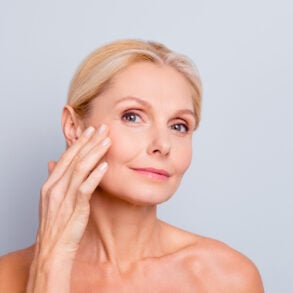
If you love to
explore marine environments to observe diverse marine life in natural habitats,
scuba diving is for you, and obtaining the PADI certification will really
empower you regarding diving. Scuba certification comes in 3 phases:
- Knowledge
Development – It is vital
that you know how to plan a dive, how to choose your scuba gear and important
underwater signals. You can download an e-document that outlines the
theoretical side of PADI, with chapters that have questions at the end, to
ensure complete understanding. - Confined
Water Dives – These occur
in a swimming pool, although it could happen in a calm bay that is waist deep,
and during confined dives, you will learn how to wear and use your scuba
equipment, how to enter and exit the water, buoyancy control and basic
underwater navigation. - Open
Water Dives – Many people
combine their PADI course by booking a great holiday with liveaboard diving in Thailand, when you obtain your PADI certification
that allows you to dive solo. If you search online, you can find liveaboard
scuba holidays in Thailand that simply tick all the boxes, and as you actually
live on the dive boat, costs are very reasonable.
Scuba Lessons
If you would like
to have a qualified instructor with you when diving, you can hire a
professional to tutor you on any aspect of scuba diving, and essential items
that you need to acquire are as follows:
- Good
Quality Face Mask – This
is your own personal mask, which is preferable to sharing for obvious reasons. - Snorkel – It is essential that you are competent
using a snorkel when swimming, so do practice prior to booking your PADI
course. - Fins – These are important as they power you
through the water, and if you don’t have some form of power when in the water,
you are at the mercy of strong currents.
All of the above
should be of the best quality, and they will last you for many years, allowing
you to safely explore diverse marine environments. It is very important that
your mask and fins are a perfect fit, and your dive master will teach you how
to adjust your face mask so that you have a watertight seal and the mask sits
comfortably on your face.
Getting
Familiar with Scuba Equipment
This is done in a
confined water environment, preferably a swimming pool, as the calm water
allows you to play around with things. You will learn how to use a regulator
and a buoyancy control device (BCD), both of which are essential for diving in
any environment, plus you will use a wetsuit and weight accessories to help you
reach the right buoyancy levels. If you are diving in tropical waters, you will
not need to wear a wetsuit, as the water is warm enough not to need protection.
If you would like
to combine your next holiday with a PADI diving course, Google is your best
friend and can help you locate a liveaboard diving firm.









